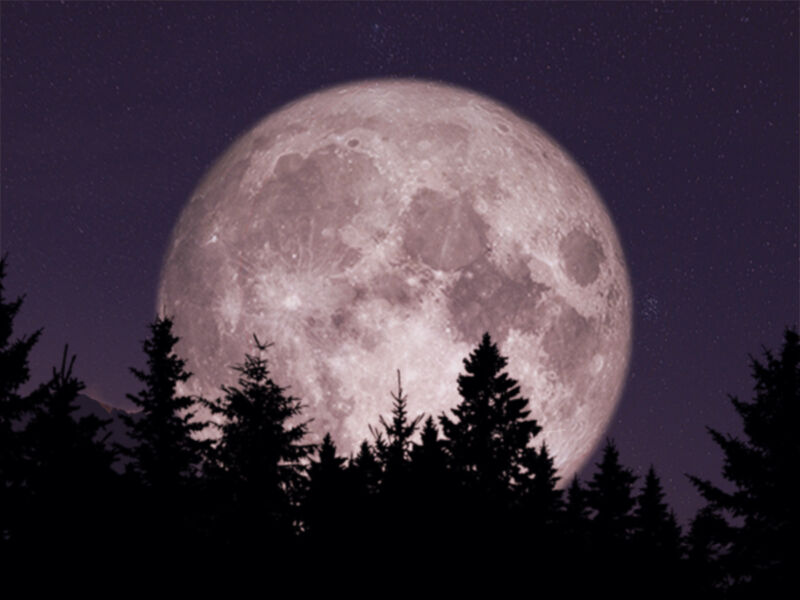[…] Our communications and GPS networks all depend on keeping careful track of the precise timing of signals—including accounting for the effects of relativity. The deeper into a gravitational well you go, the slower time moves, and we’ve reached the point where we can detect differences in altitude of a single millimeter. Time literally flows faster at the altitude where GPS satellites are than it does for clocks situated on Earth’s surface. Complicating matters further, those satellites are moving at high velocities, an effect that slows things down.
[…]
It would be easy to set up an equivalent system to track time on the Moon, but that would inevitably see the clocks run out of sync with those on Earth—a serious problem for things like scientific observations
[…]
Ashby and Patla worked on developing a system where anything can be calculated in reference to the center of mass of the Earth/Moon system. Or, as they put it in the paper, their mathematical system “enables us to compare clock rates on the Moon and cislunar Lagrange points with respect to clocks on Earth by using a metric appropriate for a locally freely falling frame such as the center of mass of the Earth–Moon system in the Sun’s gravitational field.”
[…]
The paper’s body has 55 of them, and there are another 67 in the appendices.
[…]
Things get complicated because there are so many factors to consider. There are tidal effects from the Sun and other planets. Anything on the surface of the Earth or Moon is moving due to rotation; other objects are moving while in orbit. The gravitational influence on time will depend on where an object is located.
[…]
he researchers say that their approach, while focused on the Earth/Moon system, is still generalizable. Which means that it should be possible to modify it and create a frame of reference that would work on both Earth and anywhere else in the Solar System. Which, given the pace at which we’ve sent things beyond low-Earth orbit, is probably a healthy amount of future-proofing.
The Astronomical Journal, 2024. DOI: 10.3847/1538-3881/ad643a (About DOIs).
Source: Researchers figure out how to keep clocks on the Earth, Moon in sync | Ars Technica

Robin Edgar
Organisational Structures | Technology and Science | Military, IT and Lifestyle consultancy | Social, Broadcast & Cross Media | Flying aircraft

